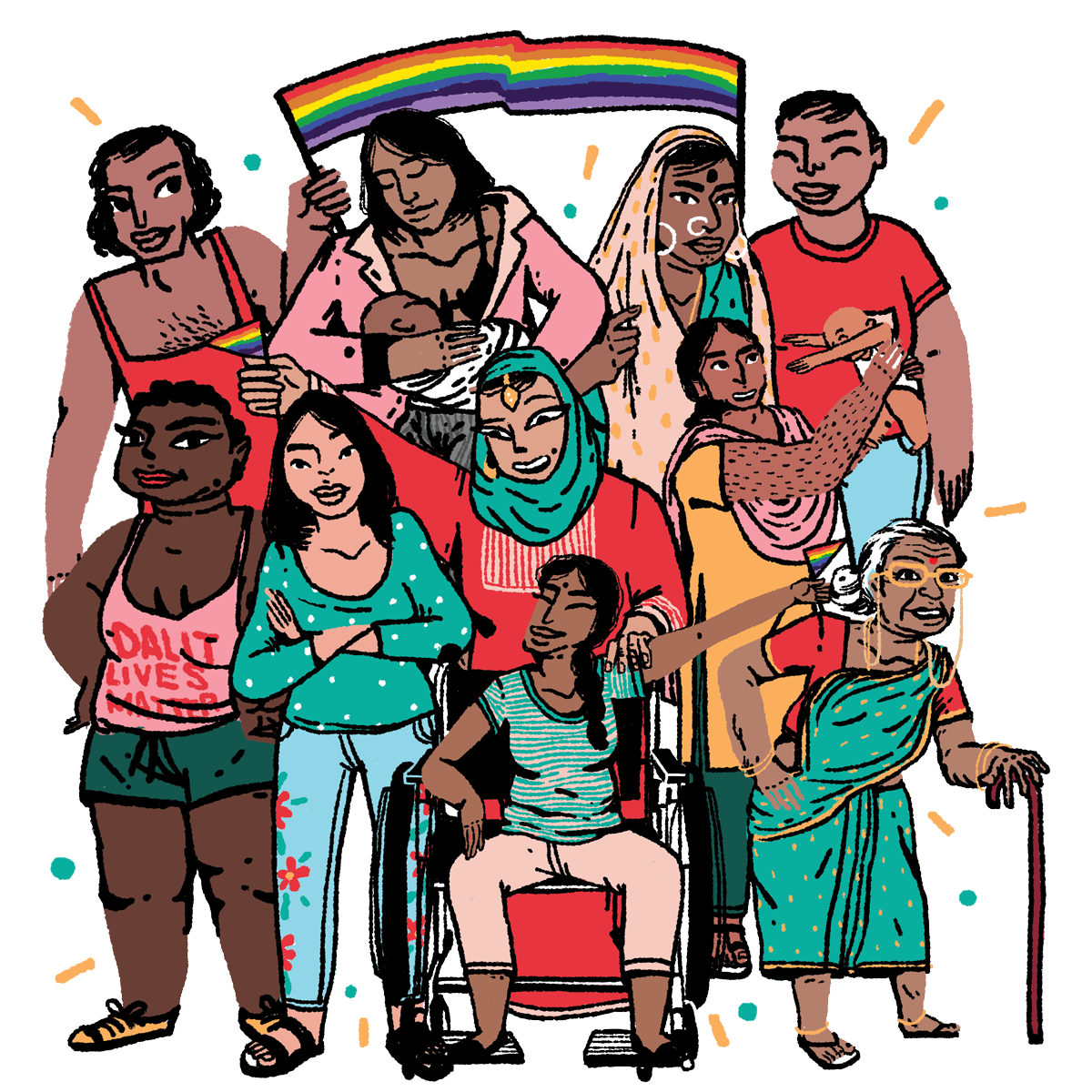
The environment is our most precious asset. He sustains us and ensures the continued existence of all living entities. Globally, we are at a time when environmental justice takes priority due to rapidly depleting resources and global warming.
While many approaches are taken to address the issue of environmental crisis, it is very important to consider gender and intersectional aspects to arrive at a holistic and well-balanced mechanism for redress. Gender biases and inequalities create significant barriers to environmental justice by limiting the access of women and gender minorities to resources, relief initiatives, decision-making, conservation practices, policy framework, etc. .
Policy frameworks are often exclusive of the specific needs of women and members of other marginalized genders. Very few women have access to authoritative decision-making positions, resulting in the exclusion of aspects such as gender, caste, social status and sexuality in the formulation of environmental policies.

In patriarchal societies, housekeeping, cooking, caring, etc., are assigned as gender roles to women. This in turn means that women are the first to suffer the effects of climate change and environmental degradation, such as lack of clean water, fuel and food. Waste management is also an aspect of the environmental crisis that is often only managed by women in the domestic space.
Biological aspects such as menstruation put women and other gender minorities at the forefront of the lack of essential sanitation facilities, sustainable menstrual infrastructure and waste disposal methods.
Policy frameworks are often exclusive of the specific needs of women and members of other marginalized genders. Very few women have access to authoritative decision-making positions, which results in the exclusion of aspects such as gender, caste, social status and sexuality in the formulation of environmental policies.
In many indigenous communities, women are the custodians of traditional knowledge, seed saving techniques, forest conservation and other environmental protection activities. The history of environmental movements also shows how crucial women have been in promoting environmental protection. Yet most women and their contributions remain marginalized or undocumented.

Read also : Environmental Racism: Addressing the Lack of Intersectionality in Environmental Justice

The pandemic has also highlighted how extremely important environmental interventions in terms of waste management and resource conservation are, and why intersectionality must be at the heart of these initiatives.
In the context of the growing emphasis on environmental justice, particularly in relation to adopting a gender perspective on the subject, as well as the fact that July is global Month without plastic, We at FII invite submissions on Gender and environmentthroughout July 2022.
Here are some possible pointers in the theme that can help you write your articles:
- The need for a gender perspective in environmental justice
- Gender and waste management
- Lasting menstruationinteractions between the body and the environment
- Sustainable alternatives of life – ways to replace single-use plastics
- Elite Durability – urban narratives mimicking western consumption patterns, replacing locally available food, environmentally damaging food options
- Conversations about climate change
- Feminism and sustainability – ecofeminism and its relevance, sustainability and the feminist movement
- Fashion and environment
- Public health budgetsperiod of poverty, access to sanitation infrastructure
- Environment and intersectionality – access to resources, food, water
- Caste and environment – environmental sustainability and multiple marginalizations
- Story environmental protests and resistance
- Women-led environmental conservation initiatives
- Circular economyenvironment and gender
- Features, profiles, interactions of/with environmental activists
- Personal essays on sustainability journey
- Eco-feminism and environmental justice in movies and popular culture
- Book reviews, art analysis based on environment and gender
This list is not exhaustive and you can feel free to write about topics of the theme that we may have missed here. Please refer to our submission guidelines before sending us your applications. You can send your submissions to [email protected]
We look forward to your drafts and hope you enjoy writing them.
Read also : What is greenwashing? : unpacking marketing misrepresentations about environmental sustainability
Featured illustration: Ritika Banerjee for feminism in India

